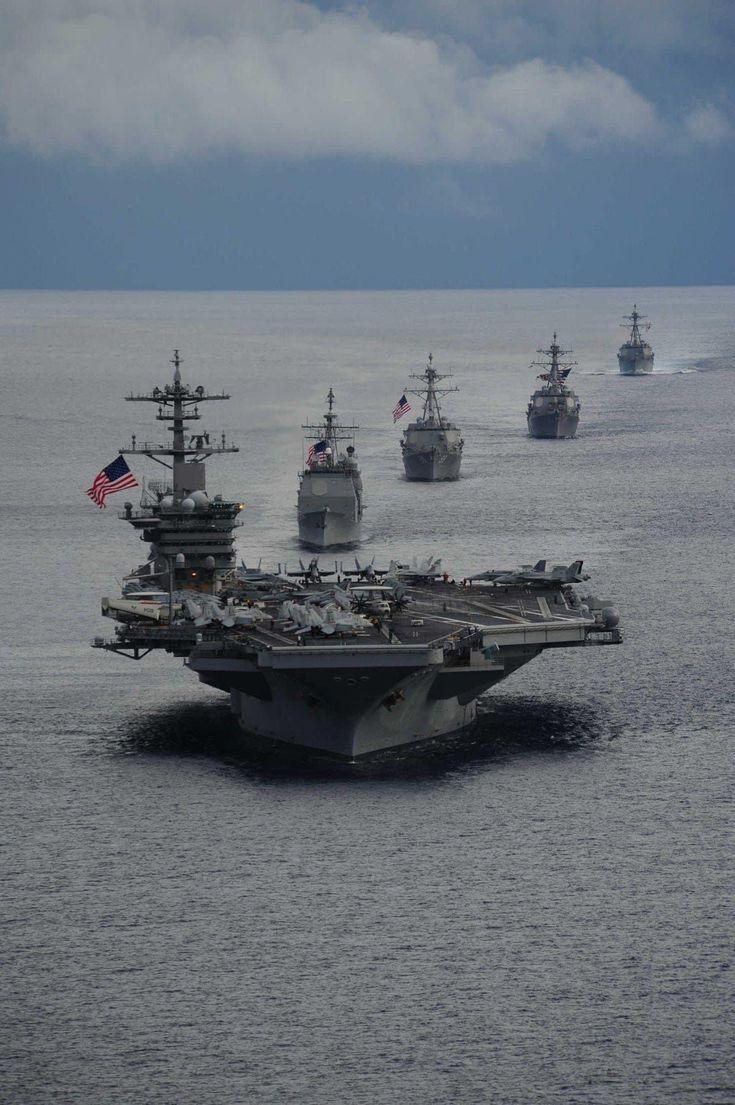Fat Leonard Scandal case study

Few corruption stories in the modern era have rocked global defense institutions as much as the Fat Leonard scandal case study. At the center of it all was Leonard Glenn Francis—known infamously as “Fat Leonard”—a Malaysian defense contractor who ran a shipping and port services company, Glenn Defense Marine Asia (GDMA). What began as routine port servicing operations for the U.S. Navy spiraled into one of the largest bribery scandals in military history, ensnaring dozens of high-ranking officers and raising critical questions about ethics, accountability, and oversight.
This case study is not just about fraud—it’s about how unchecked influence can threaten the credibility of powerful institutions and why strict governance remains non-negotiable in defense operations worldwide.
The Rise of Fat Leonard
Leonard Glenn Francis built his empire by providing port services to naval vessels across the Pacific. His company offered everything from fuel and supplies to tugboats and port berthing arrangements. By cultivating close relationships with Navy officers, Francis positioned himself as the go-to logistics provider. His charm, lavish lifestyle, and willingness to “take care of” Navy personnel soon became his strongest tools of influence.
What initially appeared as business networking eventually spiraled into outright corruption. Francis offered officers luxury hotel stays, expensive meals, entertainment, and even escorts in exchange for sensitive information about Navy ship movements and contracts. This gave GDMA the upper hand in overbilling the U.S. Navy for millions of dollars in fraudulent services.
The Scandal Unfolds
The Fat Leonard scandal case study took years to fully unravel. Beginning in the mid-2000s, Francis exploited his relationships to steer Navy ships toward ports controlled by GDMA, where he could inflate bills for services. Officers not only turned a blind eye but actively helped facilitate these schemes in exchange for bribes.
Investigations later revealed that Francis had compromised dozens of Navy officials, including admirals, captains, and commanders. Some were charged with accepting bribes, others with obstructing justice, and several faced court-martial. The scandal became a global embarrassment, painting the Navy as vulnerable to manipulation despite being one of the world’s most powerful military forces.
The Fallout
The fallout of the scandal was massive:
-
Legal Actions: Leonard Francis eventually pleaded guilty to charges of fraud and bribery in 2015. Several Navy officers were convicted, and careers that once promised prestige ended in disgrace.
-
Institutional Trust: The scandal eroded public trust in the Navy, as taxpayers questioned how such widespread corruption could go unnoticed for so long.
-
Operational Impact: Sensitive naval operations were compromised. Information about ship movements—shared recklessly—posed risks to national security.
-
International Repercussions: The case highlighted vulnerabilities not just in the U.S. Navy but in how global defense contracting often leaves room for corruption, especially in regions where oversight is lax.
Lessons from the Case Study
The Fat Leonard scandal case study offers several important lessons for institutions worldwide:
-
Strengthening Oversight: Effective checks and balances are critical. No contractor, regardless of influence, should hold unchecked power.
-
Ethics Training and Awareness: Military and government officials must be trained continuously to recognize and resist corruption.
-
Whistleblower Protection: Several insiders had suspicions about Francis’s dealings, but fear of reprisal prevented timely exposure. Stronger whistleblower protections could have mitigated the damage.
-
Global Implications: With defense being an international enterprise, countries must coordinate to prevent corruption that transcends borders.
-
Rebuilding Trust: Institutions must prioritize transparency and accountability to reassure citizens and allies of their integrity.
Why This Case Still Matters Today
The scandal serves as a cautionary tale not just for the U.S. Navy but for all global institutions handling sensitive operations. In an era where geopolitical tensions are high, safeguarding military integrity is more important than ever. Defense contracts are lucrative, and where big money flows, the temptation for corruption follows closely.
The Fat Leonard case is a reminder that vigilance against corruption is not optional—it is a strategic necessity. Without accountability, even the most formidable institutions can fall prey to scandal, undermining both national security and global trust.
Conclusion
The Fat Leonard scandal case study is more than a story of bribery; it’s a powerful illustration of how corruption, when left unchecked, can compromise national security, erode institutional trust, and damage international relations. While Leonard Glenn Francis sits at the center of this saga, the true lesson lies in the vulnerabilities he exposed within a system meant to safeguard nations.
For the future, transparency, accountability, and ethical vigilance are not just ideals—they are imperatives. The scandal may have ended in courtrooms, but its lessons echo across boardrooms, naval bases, and government offices worldwide.
- Art
- Causes
- Crafts
- Dance
- Drinks
- Film
- Fitness
- Food
- Jeux
- Gardening
- Health
- Domicile
- Literature
- Music
- Networking
- Autre
- Party
- Religion
- Shopping
- Sports
- Theater
- Wellness


